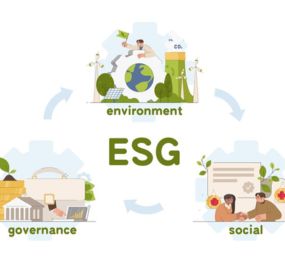Climate change is a pressing global issue with far-reaching consequences. The insurance industry, in particular, is highly vulnerable to the impacts of climate change. From increasing frequency and severity of natural disasters to rising sea levels and shifting weather patterns, climate-related risks pose significant challenges to insurers.
To address these challenges, the insurance industry is taking proactive steps to manage climate risk. Key strategies include:
- Enhanced Risk Assessment and Underwriting:
- Climate Change Scenario Analysis: Insurers are incorporating climate change scenarios into their risk assessment models to evaluate potential future risks.
- Geographic Diversification: By diversifying their portfolios across various geographic regions, insurers can mitigate the impact of localized climate events.
- Pricing Adjustments: Insurers may adjust premiums to reflect increased risks associated with climate change, particularly in vulnerable regions.
- Product Innovation:
- Climate-Resilient Products: Developing innovative insurance products that cover climate-related risks, such as parametric insurance and index-based products.
- Microinsurance: Offering microinsurance solutions to vulnerable populations in developing countries to protect against climate-related losses.
- Reinsurance Partnerships:
- Capacity Building: Collaborating with reinsurers to secure additional capacity to cover large-scale climate-related losses.
- Risk Transfer: Transferring portions of climate-related risk to reinsurers to manage potential liabilities.
- Data Analytics and Technology:
- Advanced Analytics: Leveraging advanced analytics and machine learning to improve risk modeling and forecasting.
- Remote Sensing: Utilizing satellite imagery and other remote sensing technologies to monitor climate-related risks.
- Industry Collaboration and Public-Private Partnerships:
- Information Sharing: Collaborating with other industry players, governments, and academia to share best practices and data.
- Policy Advocacy: Advocating for climate-friendly policies and regulations that can help mitigate climate risk.
By embracing these strategies, the insurance industry can play a crucial role in mitigating climate-related risks, ensuring financial resilience, and contributing to a sustainable future. While challenges remain, the industry's ability to adapt and innovate will be essential in navigating the complexities of a changing climate.
For more information and registration details, visit the official website: https://www.leadventgrp.com/events/2nd-annual-world-esg-and-climate-summit/details
For more information and group participation, contact us: [email protected]
















